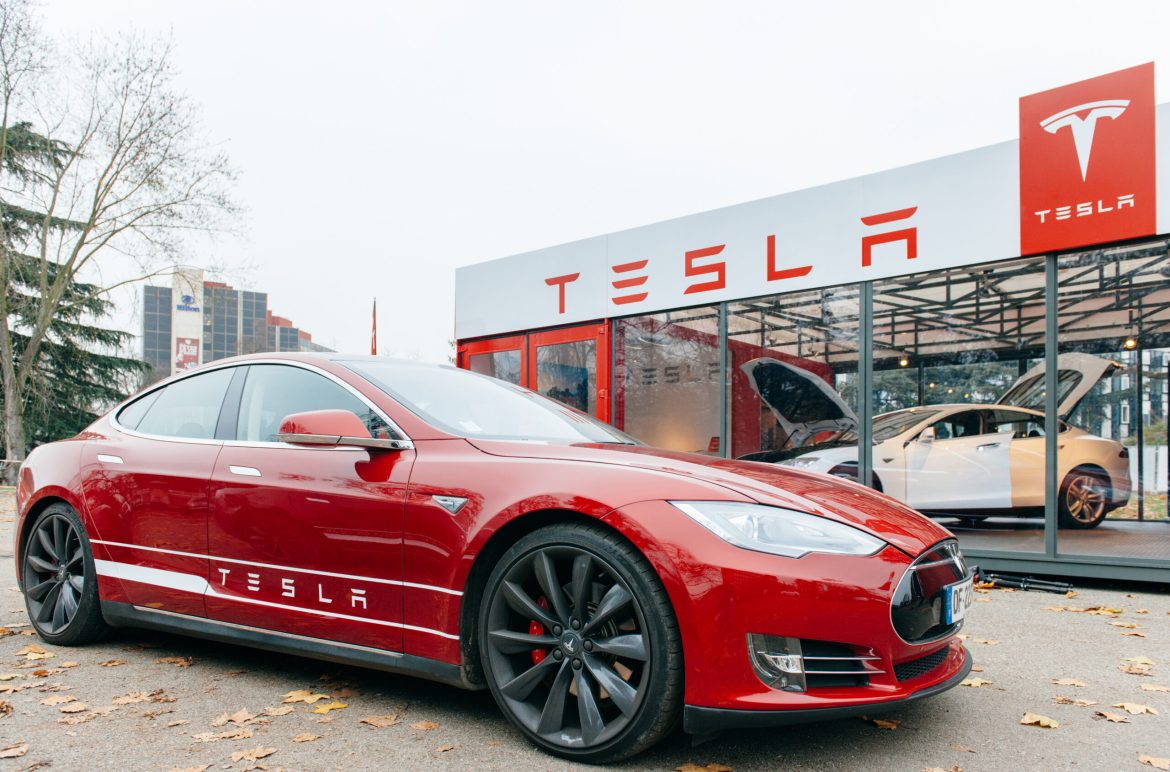The YieldMax TSLA Option Income Strategy (TSLY) and the YieldMax NVDA Option Income Strategy ETFs (NVDY) will be in the spotlight in the past few weeks as the companies publish their financial results and as Tesla unveils its robotaxis.
The TSLY ETF has dropped by almost 50% this year and over 55% in the last twelve months. On the other hand, the NVDY fund has risen by 10% in 2024 and by 13% in the last 12 months,
These boomer candy ETFs have underperformed their parent companies. TSLY’s total return in the last 52 weeks was minus 14.2% compared to Tesla’s 7.2%. Similarly, NVDY has jumped by 115%, while the Nvidia stock has risen by 182%.
What are the TSLY and NVDY ETFs?
The YieldMax TSLA Option Income Strategy and YieldMax NVDA Option Income Strategy ETFs are some of the biggest active funds in the US.
The TSLY ETF aims to generate income by investing in synthetic assets that track Tesla shares and selling call options on the stock.
A call option is a financial derivative that gives a right and not an obligation to buy an asset. If the stock is trading at $100 and falls to $90, the call option becomes invalid since you can easily buy it at a cheaper price.
If the stock stays in a tight range in the holding period, you benefit from the call option premium. On the other hand, if the stock rises, you benefit from the movement and the premium. However, if it zooms past the strike price, you miss out on the strong rally.
NVDY and other ETFs in the family like those tracking Coinbase, Apple, Meta Platforms, Netflix, and PayPal work similarly.
Tesla earnings and robotaxi event
The TSLA and TSLY ETFs will next react to the upcoming robotaxi event scheduled on Thursday this week.
This is an important event because Tesla is betting on it to deliver exceptional returns for its shareholders. In the last earnings call, the company estimated that the robotaxi would be worth over $5 trillion in the long term.
The Robotaxi product will use Tesla’s self-driving capabilities to ensure that users can make money by turning their vehicles into taxis. In the long term, it hopes to disrupt Uber and Lyft, especially in the United States.
Therefore, the stock will likely have volatility ahead of and after the robotaxi event.
The next important catalyst for the TSLY ETF will be the upcoming Tesla earnings, scheduled on October 23rd.
These earnings will provide more color about the company’s revenue and profitability growth. Data released last week showed that Tesla produced 469,796 vehicles in the second quarter after producing 469,796. These production numbers were relatively better than expected.
Tesla’s earnings are expected to show that revenues rose by 14.30% in the second quarter to $25.26 billion. Its 2025 revenue is expected to come in at over $98.8 billion, higher than the $96.7 billion it made last year.
The key driver for Tesla’s stock will be its guidance on its next-generation $25,000 EV, which is expected to be launched in 2025.
The challenge for the TSLA and TSLY stock is that it was trading at $240, higher than the analysts average of $208.
Nvidia’s AI growth concerns
Nvidia and the NVDY ETF will also be in the spotlight as several companies in the AI industry publish their financial results. Nvidia’s next earnings will come out in November 27th.
The most notable companies that will impact Nvidia’s stock are firms like Microsoft, Amazon, and Alphabet, which are some of its biggest customers.
The other notable names are companies are semiconductor firms like Taiwan Semiconductor, ASML, AMD, and Intel. These firms will provide more colour about the state of AI spending and whether it was growing.
Still, the key concern about Nvidia is that its growth could start to slow. Analysts expect the results to show that Nvidia’s revenue rose to over $32.86 billion in the third quarter, a big increase from the $18.2 billion it made in the same period last year.
Nvidia’s earnings per share (EPS) is expected to rise from 37 cents last year to 74 cents. For the year, Nvidia’s revenue is expected to grow by 125% to $125 billion followed by $178 billion in 2025.
On the positive side, the NVDY ETF has remained above the 50-day and 200-day moving averages, meaning that bulls are in control, and that the fund will retest the year-to-date high of $26.
Are NVDY and TSLY good investments?
Altogether, historical data shows that investing in Nvidia and Tesla is the better option compared to these active funds. For one, NVDY and TSLY have a high expense ratio of 1.01%, meaning that a $10,000 investment will cost you $101 excluding of taxes. Their historical performance are weaker than investing in the real stocks.
The post TSLY and NVDY ETFs brace for key events: are they good buys? appeared first on Invezz

